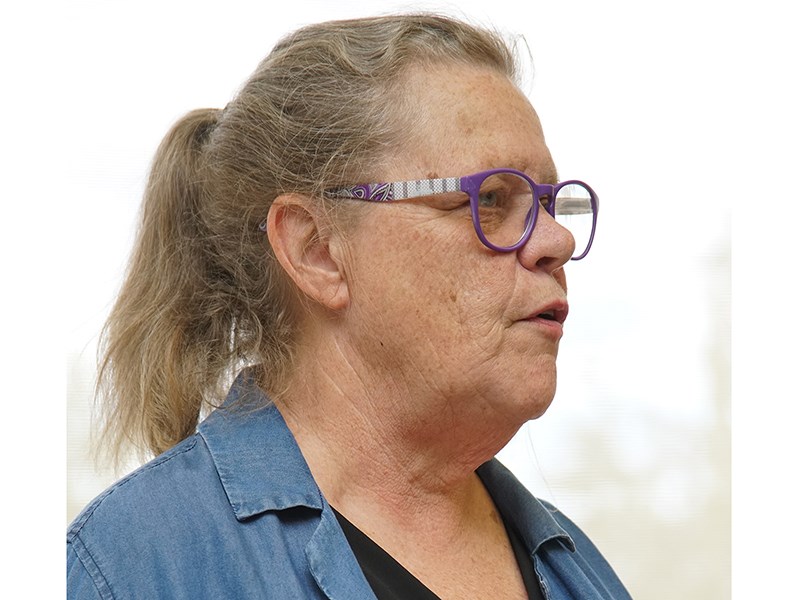In conjunction with Brain Injury Awareness and Prevention Month, City of Powell River Council was presented with some alarming statistics.
Speaking at council’s June 6 meeting, Powell Brain Injury Society executive director Debbie Dee said more than 1.5 million Canadians live with an acquired brain injury. She added that 456 Canadians suffer a brain injury each day, which equates to one every three minutes, adding up to 160,000 this year.
“This does not include the three million family members and the 10 million friends,” she said. “Brain injury is the orphan nobody wants. It is not a standalone issue.”
Dee said brain injury statistics are staggering and quoted the following statistics:
· Abused women suffering a brain injury from intimate partner violence is estimated at 60 to 92 per cent
· Of the homeless, 53 per cent have suffered a brain injury
· Of the prison population, 80 per cent have a brain injury, and 60 per cent of those occurred while they were children
· 20 per cent of people without substance abuse issues before brain injury are at risk after their injury
· Brain injury, mental health and substance abuse often coexist
Dee said she was going to be blunt because blunt is want is needed.
“If you or your family member were diagnosed with cancer, every door would open, every opportunity would be provided and years’ worth of follow-up would be provided,” said Dee. “What if you needed chemotherapy or radiation? All would be completely funded.
“If you or your family member were an illicit drug user, all the supports you would require are in place and fully funded. The fact that 80 per cent of illicit drug users have an acquired brain injury is not addressed and the brain injury is not funded.”
Dee said an LGBTQ immigrant would have access to 10 times the funding a Canadian with a brain injury has.
“By no means am I disparaging any group for the funds received; I want to make everyone aware that brain injury will no longer be silent and we want our fair share,” said Dee.
All kinds of support is available in the acute stage, when someone is in hospital, and a few get to go to a short rehabilitation facility, but Dee said most are discharged and are told they look fine, so they can go home.
“They are left to swim in uncharted waters that have never been navigated,” said Dee. “Every brain injury is different and not all are as severe as others. However, they all require follow-up and all families require support, education and respite services.”
Dee said brain injury clients are at increased risk of suicide due to several factors, including the symptoms of the brain injury, the increased amount of medication they are given to cope with the brain injury, and mental health issues.
“Life is not the same after a brain injury,” said Dee. “The problem is, the person living with a brain injury remembers perfectly well how life was before and they can’t have it back, ever. Think about it: a split second changes your life forever.”
While prevention and awareness are needed, support after brain injury is also needed, said Dee.
“Imagine if we could spearhead an initiative that would identify the person living with a brain injury who was at risk of addiction, violence, mental health issues, self-harm or breaking the law,” said Dee. “Imagine the funds that could be redirected if we could provide the post-acute supports required.”
Dee said no one knows or can remotely imagine what it is like to live with a brain injury, or to live with a person who has a brain injury.
“Our motto is: We know what a brain injury is…you don’t want to find out,” said Dee.
She asked city council to work with her to create a motion to go to the next civic conferences at the regional, provincial and national level, asking for the same level playing field as others.
“Like I said, we are the orphan nobody wants,” said Dee. “Please adopt us.”
After three people in the gallery spoke about their brain injuries, mayor Dave Formosa proclaimed June as Brain Injury Awareness and Prevention Month in Powell River.



